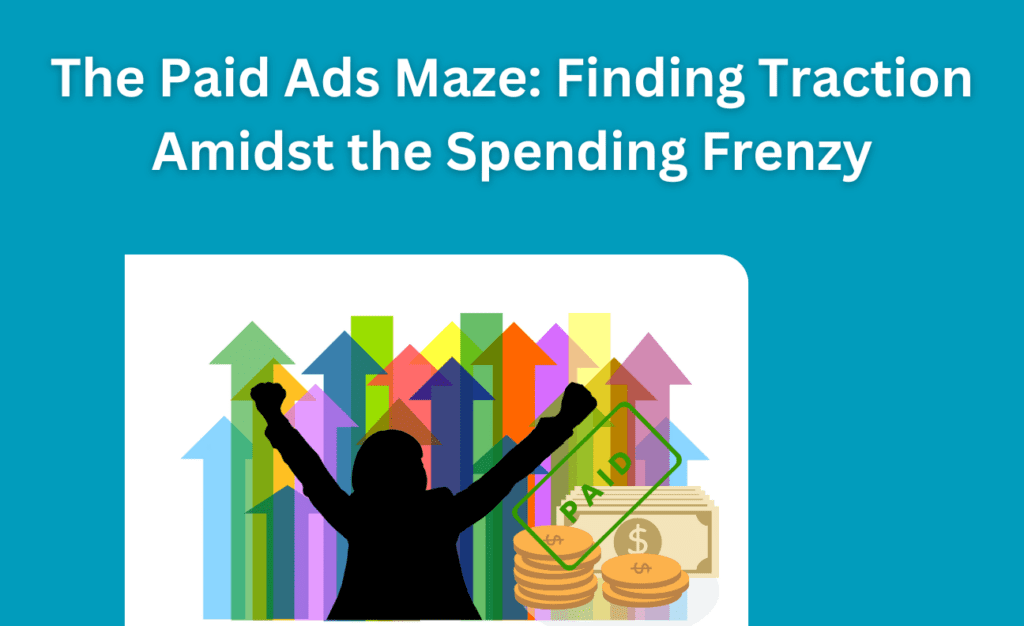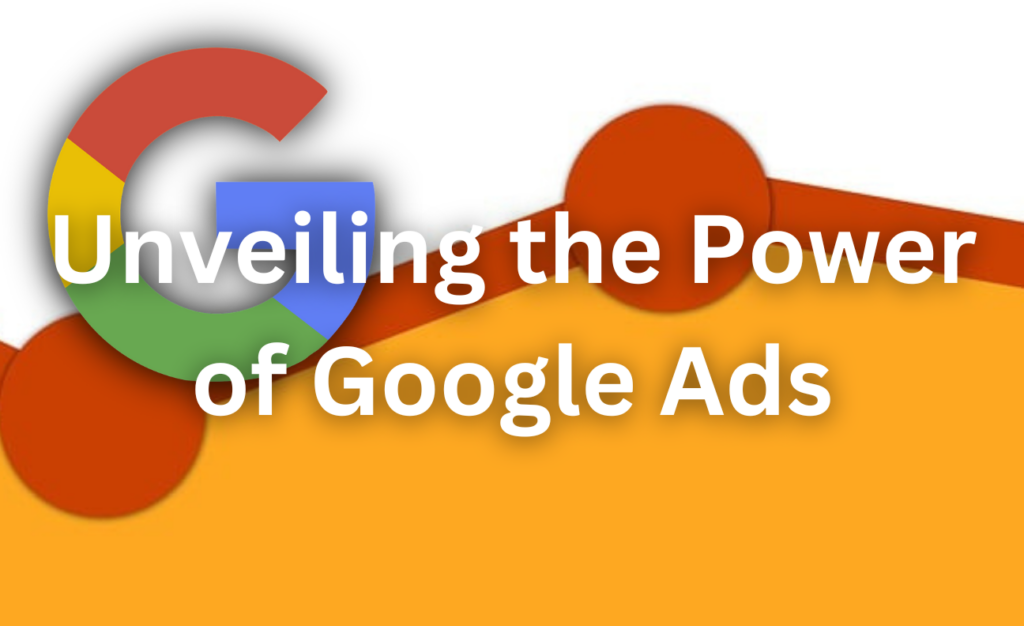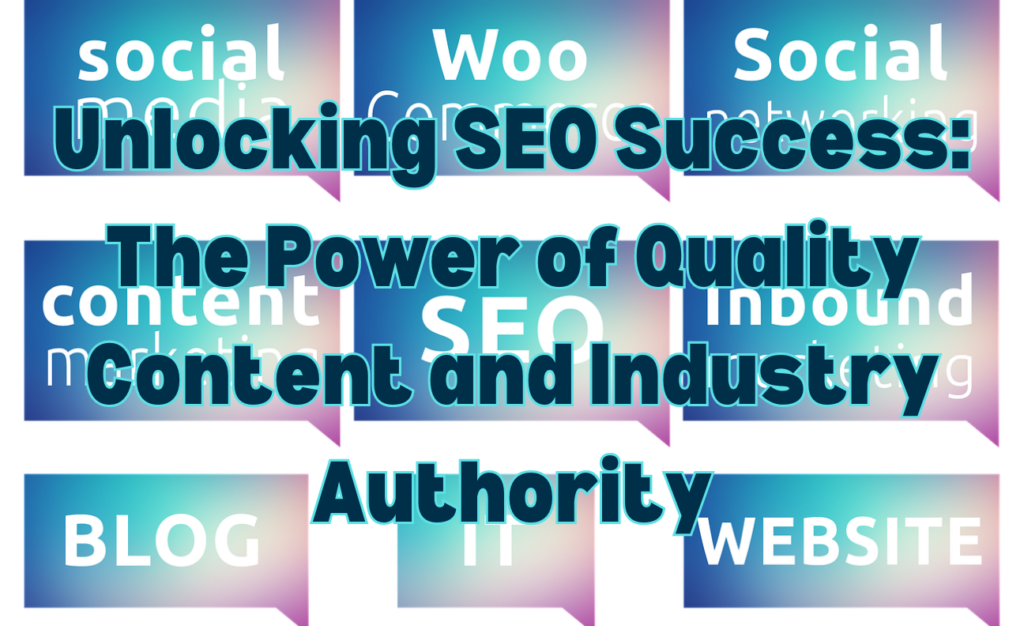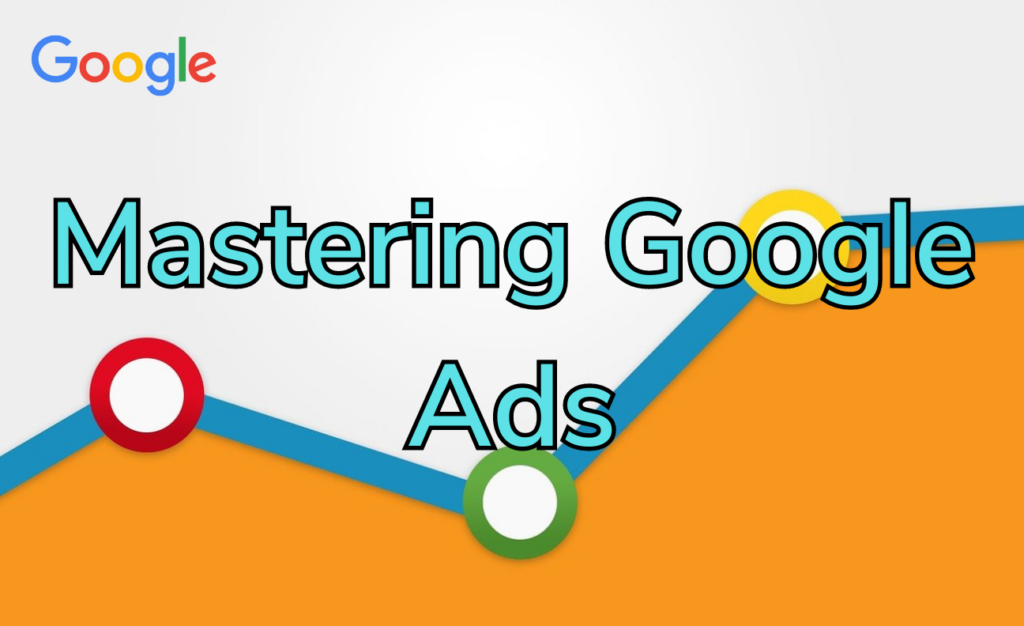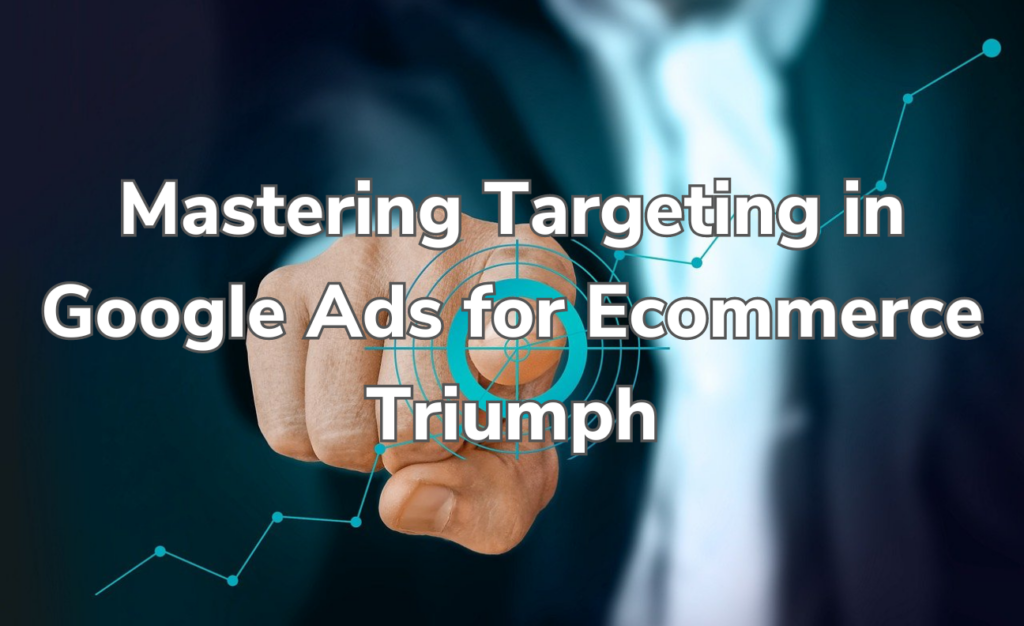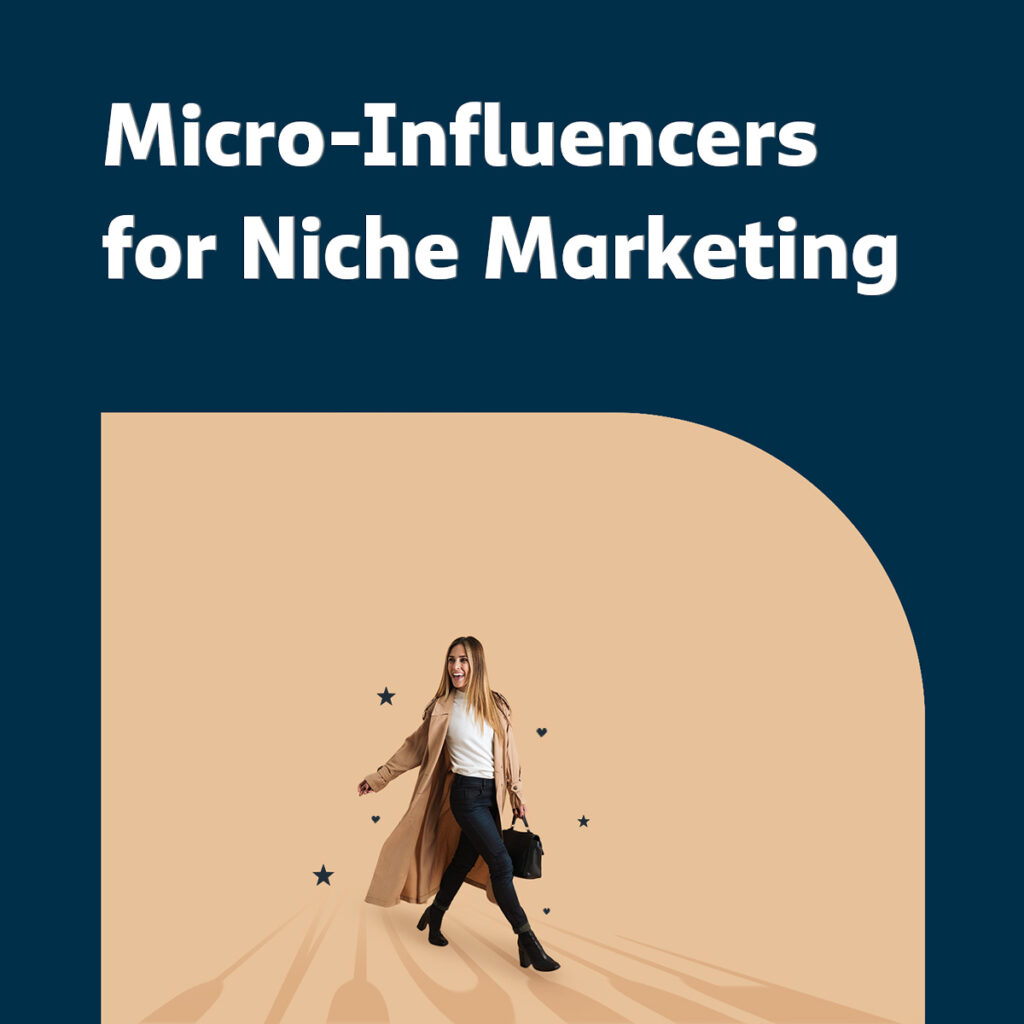[vc_row][vc_column][vc_column_text]
Tags – Search Intent
We have talked about search intent with every potential SEO client.
And, we have mentioned search intent, one way or another, in almost every SEO related piece that we have produced.
But, it hit me today that we have never actually written a blog exclusively on search intent.
Covering search intent is important because there is not always a clear line that defines the intent of a search.
In other words, our life as marketers would have been easier if every search contained the terms ‘how to’ and ‘buy’.
Making things further complicated, there are other forms of searches too.
Forms of Searches
At the most basic level, we can put searches into three distinct categories:
- Informational – trying to know-about phase
- Transactional – looking to buy phase
- Navigational – searching for your website phase
For most businesses, the volume is the highest at the informational level while sales are at max at the navigational level. Simple logic.
People looking for you are interested in you, and in most cases your products and services. While people looking for information are mostly browsing around and less likely to buy on the spot.
At Axies Digital, we add a 0 category to search – Relational. In this phase, the person making a search doesn’t even know that they will be buying something related in the near future.
We gave the example of people looking to buy a house in an article on Digital Marketing for Real Estate. There, in terms of relational searches, we gave the example of people looking to get a dog and the odds of such people buying a house in the near future. But, relational searches are just an extra in the current discussion.
The difficult bit comes when a search doesn’t have a clear intent distinction.
The Problem with Search Intent
Let’s put it out there. Most searches do not have a clear intent.
In fact, this is one of our problems.
Close to 4,000 searches a month are around digital marketing in London. And, Axies Digital, being on page 1 for London on Google does not mean we are signing 100s of clients a month from there.
If we start dividing the number into who is making these searches, I’m assuming that most of these searches are done by fellow marketers. I will go ahead and even say that you may have business anywhere in the world, but you must have searched for the same kind of businesses in other cities.
Apply this to digital marketing and possibly, half the searches for digital marketing agency London must be coming from digital marketers around the world. You might be thinking that this makes ‘digital marketing agency London’ an informational keyword. However, we do get some enquiries from it. So, it is not so simple.
The whole situation here is contaminated. But, there is still a way around.
Managing Expectations
To begin, you need to get creative with your keywords research.
In short, there is not a single way to look for a product or service. And, I can assure you that if you dig deep enough, you will find a way that falls perfectly into a category of your choice.
At a simpler level, there are tools available that breakdown searches into intent. In our case, we use Keyword Keg to help us out here.
If you want to learn further about how to use Keyword Keg for search intent, you can read an article on Search Engine Land by Aaron Agius here.
To learn further about search intent, get in touch with us today.
And, if you would like to learn more about keyword research and how it is applicable to your business, check:
- You Need More than Plain Data – Applying Data Mining in Business
- Developing Your Business Strategy – Answering the How Question
- How to Click with Your Target Audience? – Applying Cognitive Style
- How to Structure Important Business Information for Maximum Impact?
[/vc_column_text][/vc_column][/vc_row]

